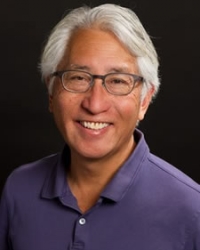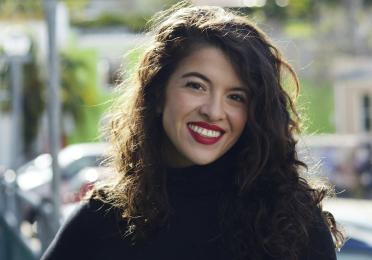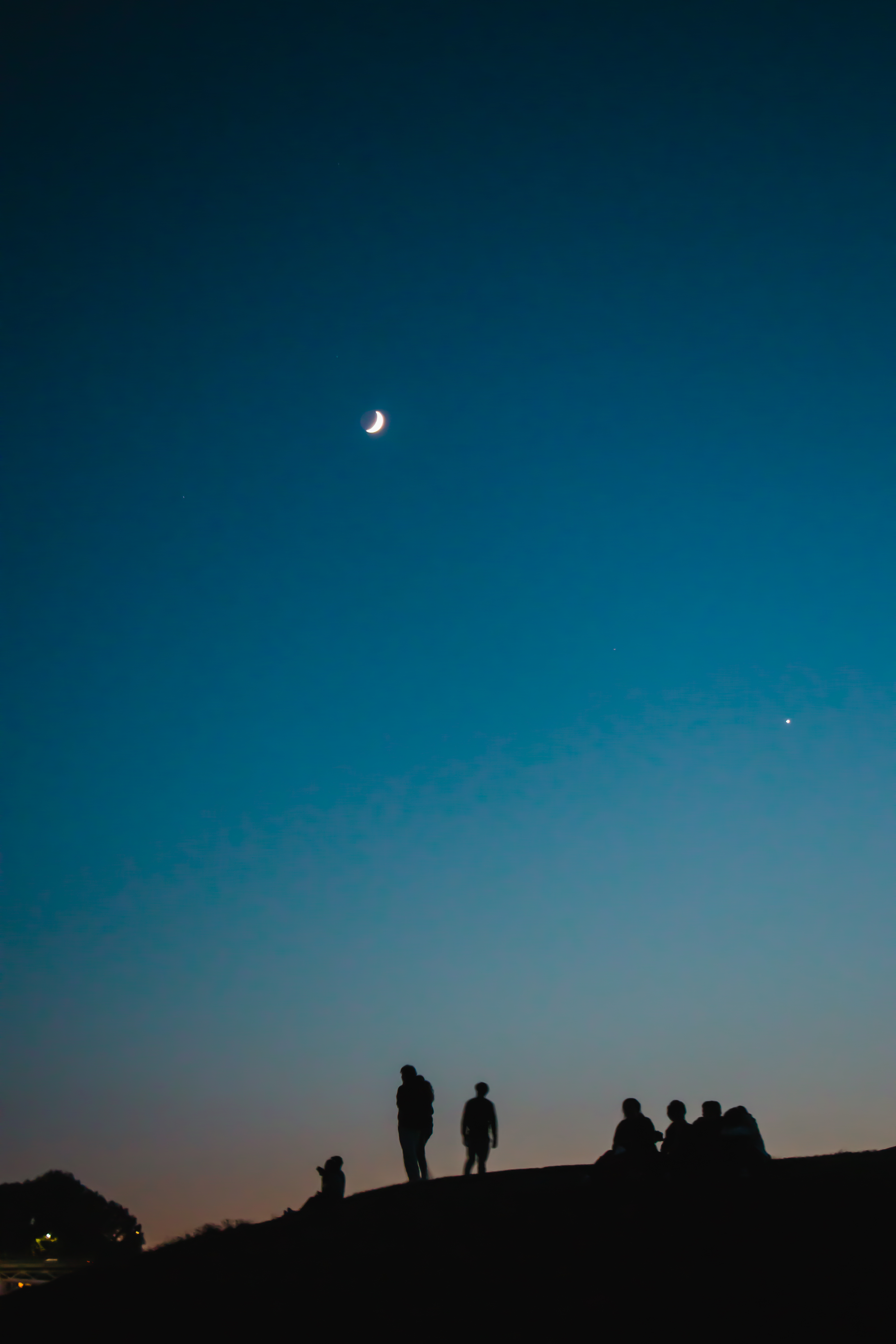Stephen Groening has been promoted to associate professor with tenure. Congratulations, Steve! We recently caught up with him to ask about his research and teaching, and how he came to cinema and media studies.
Where did you grow up?
My mother joined the U.S. foreign service when I was a child. When I was seven we moved to London. After a year in London we got transferred to Poznan, Poland, where my school was in the basement of our apartment building and had only four students, all in different grades. Then I lived for two years in Warsaw, where each grade consisted of about 25 kids from 20 different countries. During junior high I lived in San Jose, Costa Rica – tropical weather managed to make junior high un-terrible, which is saying a lot. I spent a couple of college summers in Bulgaria. I think all the travelling and flying probably inspired my book on inflight entertainment.
Do you have a favorite TV show?
I’m currently watching Last Week Tonight, Counterpart, Drunk History, and Corporate.
When did you discover that you have a scholarly interest in film and television?
As an undergrad I took courses in world cinema and documentary and an experimental film class. But movies were already central experiences for me when I was younger. In Poland, we used to screen films from the Army and Air Force Exchange Service in our living room using a 16mm projector. They would come in these olive-green boxes we would pick up from the Embassy. We would get all sorts of stuff, from Raiders of the Lost Ark to Terms of Endearment to that terrible Tony Danza movie, Going Ape! During those years, I’d also watch Hollywood films that had been dubbed into Polish on television. I have vivid memories of watching The Poseidon Adventure this way, because they didn’t erase the English-language track so the actors would start speaking in English and then the Polish overdub would come on over that.
I didn’t really think of television as an interest until I was enrolled in a Master’s program in Cultural Studies, taking classes on ethnographic field research and another on American television culture. I wrote my thesis on young male viewers of South Park, which was later published in an academic book called Taking South Park Seriously.
What is the Seattle Television History Project? And how can UW students get involved?
The Seattle Television History Project (STHP) is an online project that grew out of my Television History course. It focuses on the history of television in Seattle, from local programming like Wunda Wunda and Almost Live! to the history of television stations and their ownership. Seattle is a great place for this kind of project: the first woman owner of a television station was in Seattle in the 1940s, early television experiments were occurring here in the 1920s, and the Century 21 Exposition (aka Seattle World’s Fair) was part of the first television satellite transmission in 1962. Right now, STHP features original research conducted by undergraduates in my Television History course. I would like to see it expand to include interviews with local television professionals and other materials from Seattle’s television culture such as newspaper ads, old television listings, and programs. The UW Libraries recently acquired a significant part of the KIRO archive, and I’m looking forward to going through that with my students.
You’re writing a book about television and philosophy. Where do they intersect?
The short answer is: “no television, no postmodern theory.” Television’s ability to instantaneously transmit images and sounds from distant places changed how we thought of reality and led to the rise of such concepts like simulation. Rather than rehearse debates about mass media and its influence, the book explores television as something that has ontological and epistemological implications that haven’t really been grappled with in the field.
Tell us about your Spring 2018 graduate seminar, “Public Spheres, Public Media.”
The new seminar is part of the “Reimaging the PhD” and Public Humanities initiative at the Simpson Center for the Humanities. It focuses on a concept elaborated by German philosopher Jürgen Habermas, which postulates a zone of activity for the exchange of ideas free from the pressures of capitalism and the State. I put this in conversation with critical media studies, which suggests that media are never free from those pressures. Since media are integral to the formation of the public sphere, such a clean and pure conversation is impossible. We’ll be looking at some experimental work in television from the 1970s, some ideas about the ascendancy of the internet in the 1980s and 1990s, and some work on global social movements in the 21st century.
What do you like most or find most challenging about teaching? "Learning from my students. Questions and provocations that come from my students are the best part of class because I have to think, reflect, and engage my own position in the world. And it’s that last part that makes learning from students challenging, because it means occupying a place of discomfort. It’s also a constant reminder of how many ways there are to approach a single problem, text, or field of inquiry."
More Stories

Faculty Profile: Professor Shawn Wong, English
Professor Shawn Wong was featured in Sound Bite, a podcast network from The Daily of the UW. You can listen to the "How Do I Get Your Job" segment featuring Professor Wong from autumn quarter 2020 here: Screenwriting with Shawn Wong (Americanese)

Faculty Profile: Prof. Diana Ruiz, Cinema & Media Studies
Professor Diana Flores Ruíz comes to us from the University of California at Berkeley, where she earned her PhD in film and media studies. Her current book project explores the visual technologies (from cartography to biometrics) that have been used to draw and redraw the US-Mexican border, how they work to maintain settler colonial power relations, and how Latinx artists and activities have enacted visual forms of resistance.

Faculty Profile: Professors Pimone Triplet & Charles LaPorte, English
Pimone Triplett and Charles LaPorte discuss how the poetic form from Terrance Hayes' "The Golden Shovel" grew out of deeper history of race and gender in America to help us better contextualize the famous Gwendolyn Brooks poem, "We Real Cool."
